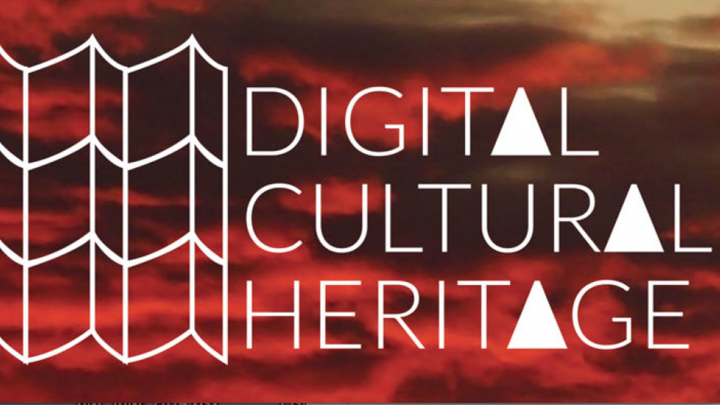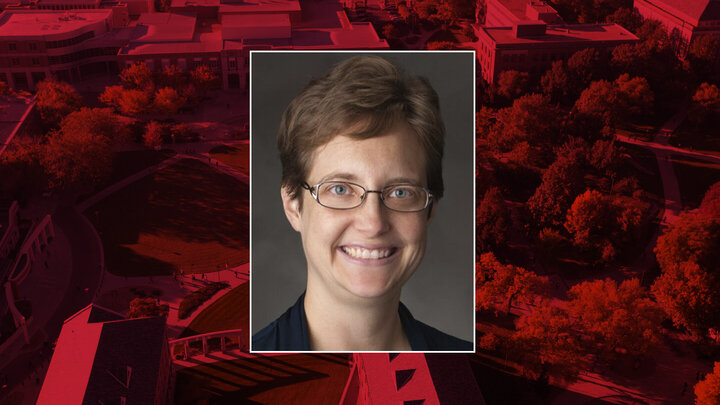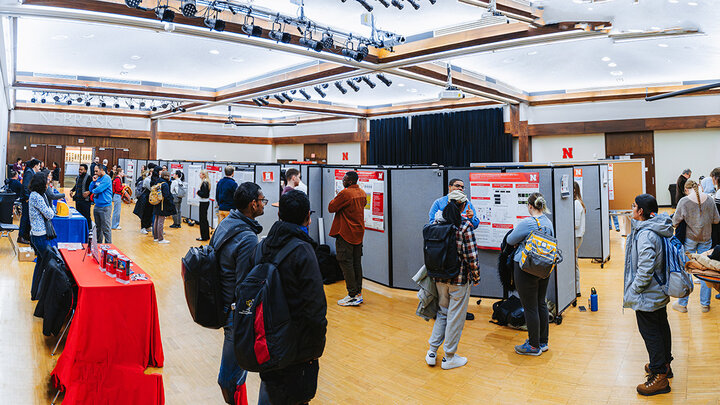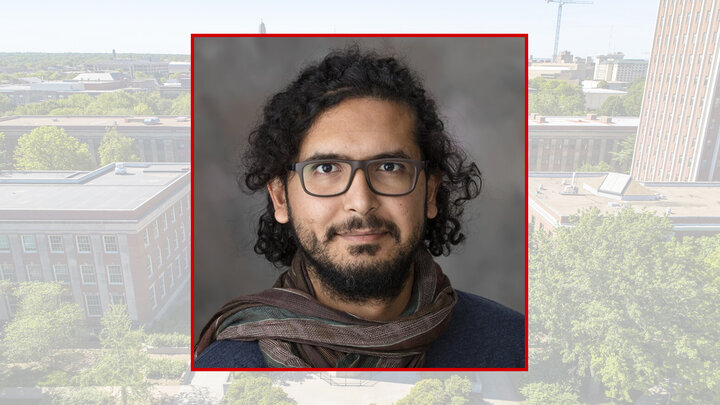Cultural heritage tourism and the technology and scholarship that can improve these experiences will be highlighted during the third annual Nebraska Forum on Digital Humanities April 9-10 at the University of Nebraska-Lincoln.
The forum will kick off with presentations from three keynote speakers: Maurizio Forte of Duke University; Rob Leopold of the Center for Folklife and Cultural Heritage at the Smithsonian Institution; and Cecilia Lindhe of Umea University in Sweden. The presentations are free and open to the public and will begin at 3 p.m. April 9 at the Great Plains Art Museum at the Center for Great Plains Studies, 1155 Q St.
Each keynote will address an aspect of this year's theme, "Digital Cultural Heritage."
"While from diverse disciplinary backgrounds, this year's speakers all share an interest in how we present, interpret and re-present digital cultural heritage resources,” said co-organizer Carrie Heitman, UNL assistant professor of anthropology.
The forum continues April 10 with presentations and discussions on the latest digital research in humanities from Rachel Optiz of the University of Arkansas; James Coltrain of UNL; Marie Saldana of the University of California, Los Angeles; and Ethan Watrall of Michigan State University.
Heitman worked with Heather-Richards Rissetto, assistant professor of anthropology, to plan the event. Topics planned for discussion include mobile technologies for cultural heritage tourism; models and platforms for scholarly collaboration; integration methods for text and images; addressing culturally sensitive issues and ethical concerns surrounding open-access digital cultural resources; issues of interpretation and representation in 3-D visualizations of cultural heritage resources; and applications of gaming platforms for the study of cultural resources. For more, go to http://go.unl.edu/dhforum15.
The annual thematic exploration of issues in digital humanities is co-sponsored by UNL’s Department of History; the John and Catherine Angle Endowment in the College of Arts and Sciences; John L. Champe Lecturers in the Department of Anthropology; the Roland and Katharine Cox Walter Fund for Excellence in the Digital Humanities Research; and the UNL Research Council.




